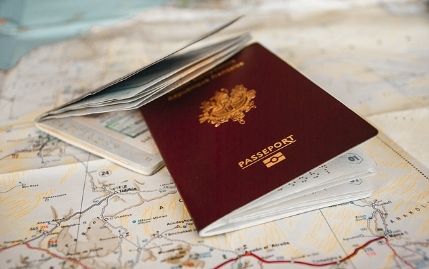What is a Customs Broker and How Do They Facilitate International Trade?
A customs broker is a licensed professional who acts as an intermediary between importers/exporters and the customs authorities, helping businesses navigate the complexities of customs regulations and ensure that goods are imported or exported in compliance with all applicable laws. Customs brokers play a critical role in global trade by streamlining the process of clearing goods through customs, thereby reducing potential delays and avoiding costly penalties associated with non-compliance. This article explores the role of customs brokers, their responsibilities, and the benefits they provide in international trade.

Understanding Customs Brokers
Customs brokers are experts in entry procedures, admissible requirements, classification, valuation, and the duties and taxes imposed on imported goods. They have a detailed understanding of the trade agreements and regulations that apply in different countries and can navigate the bureaucratic intricacies of international trade efficiently.
Key Responsibilities of Customs Brokers
1. Documentation Preparation and Submission: Customs brokers prepare and submit necessary documentation required for clearing goods through customs, including customs declarations, commercial invoices, packing lists, and other necessary import/export documents.
2. Duty and Tax Calculation: They calculate and pay the duties and taxes owed on behalf of their clients, ensuring that all financial obligations are met to avoid delays.
3. Regulatory Compliance: Customs brokers ensure that all imports and exports comply with the myriad of international and local regulations, helping businesses avoid fines and legal action.
4. Consultation Services: They provide advice on how to move goods most efficiently across international borders, including insights on trade agreements that may benefit the importer or exporter.
5. Liaising with Government Agencies: Brokers act as a liaison between the importer/exporter and various government agencies involved in the import/export process.
Benefits of Using a Customs Broker
• Expertise and Efficiency: Customs brokers have specialized knowledge that allows them to handle clearance of goods quickly and efficiently, reducing delays and minimizing demurrage charges.
• Cost Savings: By ensuring compliance and timely processing, customs brokers can help avoid costly fines and penalties for non-compliance with customs regulations.
• Risk Reduction: They manage the risk of international trade by ensuring that all regulatory requirements are met, reducing the likelihood of goods being detained by customs.
• Time Savings: Businesses can save time and focus on their core operations by outsourcing the complex and time-consuming process of customs clearance to professionals.
Hiring a Customs Broker
• Credentials: Ensure the broker is fully licensed and has expertise in the specific goods and trade routes relevant to your business.
• Reputation: Check references and reviews to gauge the broker’s reliability and service quality.
• Cost: Understand all costs involved, including service fees and any additional charges for specific services.
• Availability and Communication: Choose a broker who is readily available and communicative, as timely updates are crucial in international logistics.
Conclusion
Customs brokers are invaluable partners in international trade, offering expertise that facilitates the smooth, efficient, and compliant movement of goods across international borders. They not only help businesses navigate the complexities of customs processes but also play a strategic role in global supply chain management. For businesses engaged in international trade, leveraging the skills and knowledge of experienced customs brokers can lead to significant operational benefits and contribute to successful trade operations.
Related articles

 WeChat of CBiBank
WeChat of CBiBank